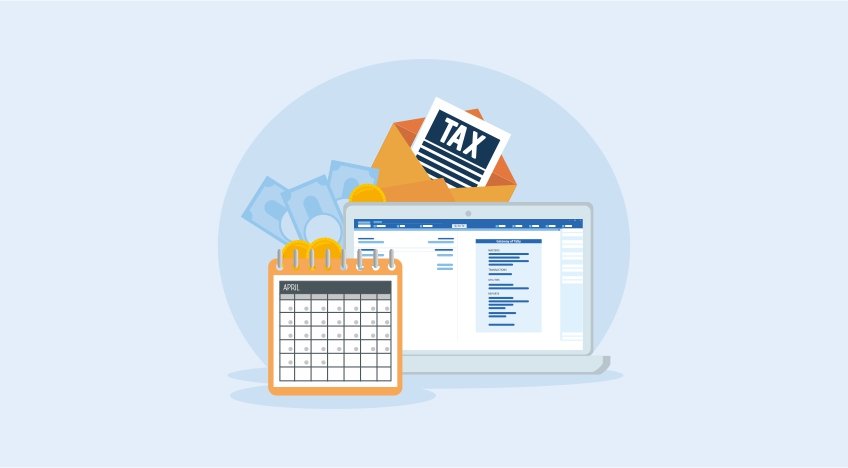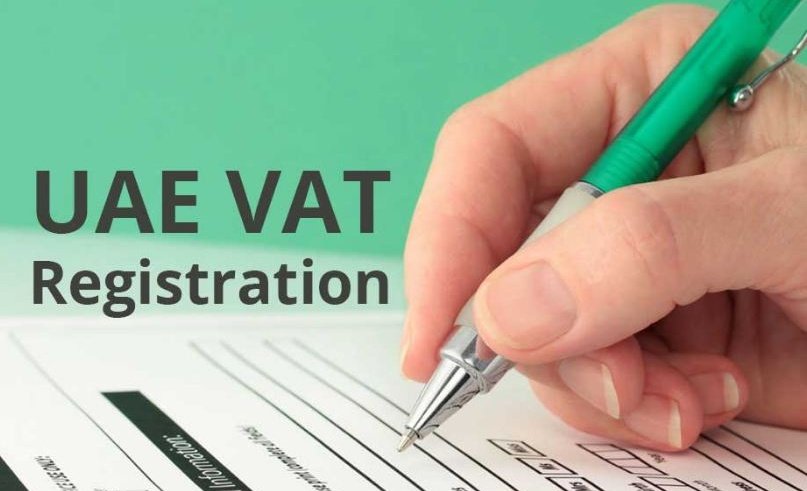What are the frequently asked questions about VAT registration in the UAE?
VAT (Value Added Tax) was implemented in the United Arab Emirates on January 1, 2018, with a standard rate of 5%. Certain goods and services may be zero-rated or exempt from VAT. Business owners frequently seek advice on VAT registration and related matters due to the intricacies involved in navigating tax regulations.
Here are common inquiries we come across concerning VAT, especially regarding the registration threshold for businesses.
These responses provide general guidance. For personalized advice, we suggest consulting with your accountant or a VAT specialist.
Is VAT registration required for my business?
Your business must register for VAT in the UAE if its annual turnover surpasses AED 375,000, considering revenue activities over the past twelve months or expected turnover within the next 30 days.
Registration is mandatory in these cases; failure to register may result in fines.
Additionally, voluntary registration is possible under two scenarios:
If your annual turnover falls below AED 375,000 but exceeds AED 187,500.
If you have no turnover but your expenses surpass the voluntary registration threshold.
The second option caters to new businesses incurring costs before generating revenue.
What constitutes taxable supplies?
Taxable supplies are items and services sold by your business that are subject to VAT.
In the UAE, the standard VAT rate is 5%, which needs to be included in the price of most goods and services. For instance, for every AED 100 charged to your customer, AED 5 must be added as VAT, making the total amount due AED 105.
However, there are exceptions to this standard, which will be elaborated on below.
Which supplies are VAT-exempt?
There are two types of transactions that do not attract VAT: zero-rated and exempt transactions.
Zero-rated transactions involve charging VAT at a rate of 0%. Items falling under the zero-rated category comprise:
Export of goods and services outside the GCC (Gulf Cooperation Council) area.
International transportation and associated services.
Newly constructed residential properties supplied within three years.
Specific education and healthcare goods and services.
Certain investment grade precious metals.
Exempt transactions encompass:
- Specific financial services.
- Residential properties and undeveloped land.
- Local passenger transport.
These lists are not comprehensive, so seeking guidance on the goods and services provided by your business is recommended.
Do zero-rated supplies count towards the VAT threshold?
Yes, they do. Zero-rated transactions contribute to the VAT registration threshold.
Do I pay the full 5% VAT to the government?
No, you don’t pay the full 5% VAT to the government.
VAT is a tax on value added through the supply chain and is ultimately shouldered by consumers.
Suppliers typically charge you VAT on purchases, which you can offset against the VAT you charge your customers, paying only the difference to the government.
Example scenario:
Purchase supplies for AED 1,000 with AED 50 VAT.
Sell the supplies for AED 2,000 with AED 100 VAT.
Pay AED 100 in VAT to the government but can reclaim AED 50, resulting in a net payment of AED 50.
VAT involves collecting tax from customers, paying tax to suppliers, and settling the difference with the government.
Can I claim back all the VAT paid by my business?
The amount of VAT you can claim back hinges on the VAT status of your taxable supplies.
For each supply made at the standard VAT rate, you can recover the VAT on the related expenses.
Complexity arises when your supplies consist of both standard and zero-rated items, leading to partial reclamation of the VAT paid.
It’s advisable to engage a VAT specialist to accurately calculate the reclaimable amount to avoid potential underpayment or overpayment of VAT, which could result in fines for underpayment.
Should I register for VAT when turnover is below the mandatory threshold?
There are advantages to registering for VAT upon reaching the voluntary threshold of AED 187,500.
Registering enables you to reclaim VAT paid to suppliers but also necessitates charging VAT on taxable supplies.
Assessing the impact on your business’s cash flow entails evaluating your unique situation.
If your customers are VAT-registered businesses, they can reclaim the VAT you charge. However, for small businesses or consumers, the VAT you impose becomes an additional cost for them.
Can I cancel my VAT registration?
If your turnover falls below the mandatory registration threshold or no longer meets the requirement, you have the option to deregister for VAT.
Deregistration means you are no longer obligated to levy VAT on sales but also lose the ability to reclaim VAT on purchases. Seeking professional advice before deregistering is advisable.
More VAT Registration Questions? Get in Touch
VAT is utilized in over a hundred countries, with variations in details despite similar principles. The UAE maintains a low standard VAT rate of 5%.
For inquiries about VAT, registration thresholds, benefits of voluntary registration, or VAT accounting requirements, feel free to reach out. Our VAT experts are available to address your concerns and guide you in making informed VAT decisions tailored to your business.




